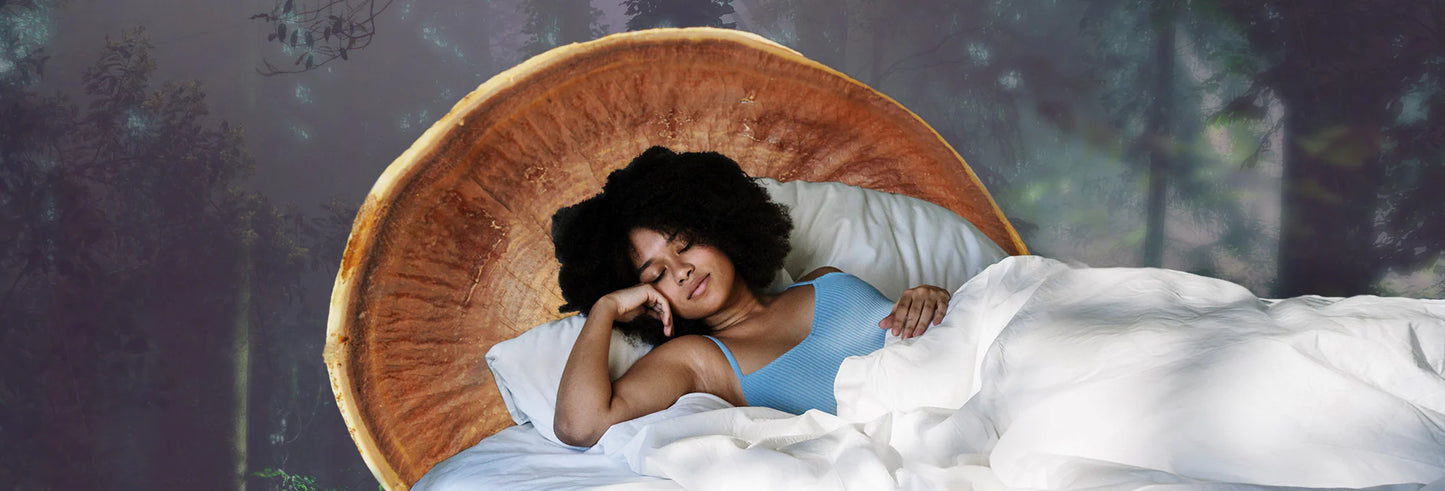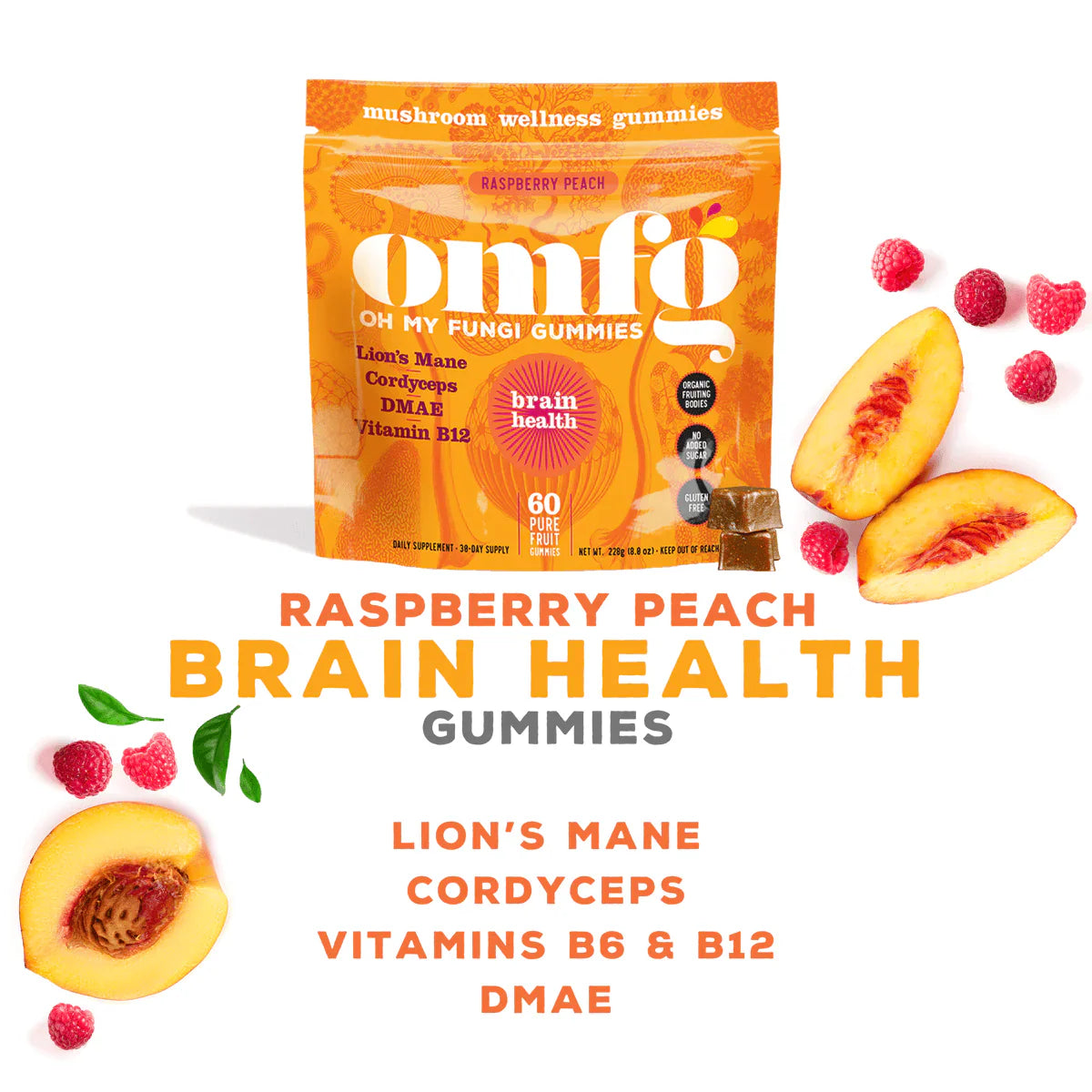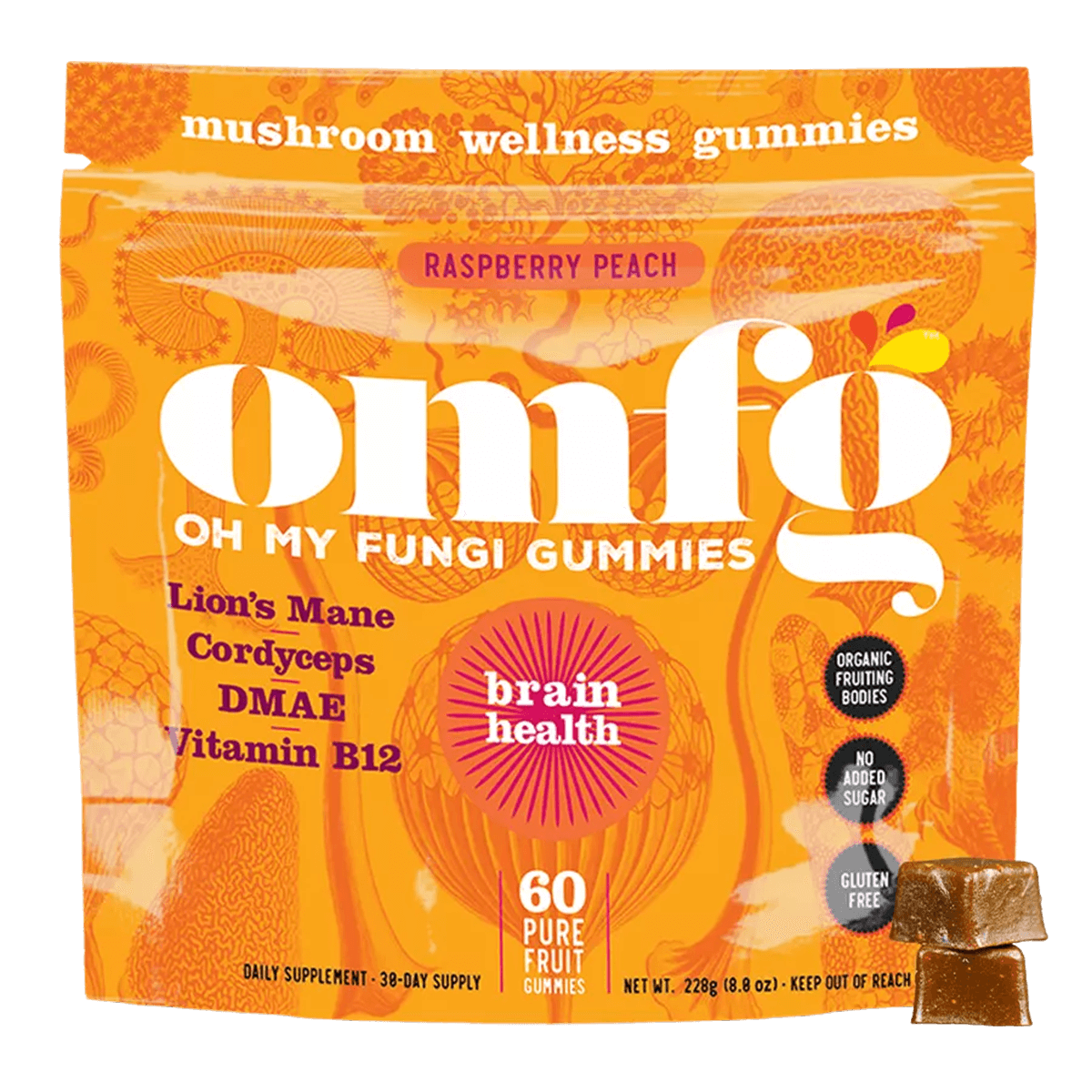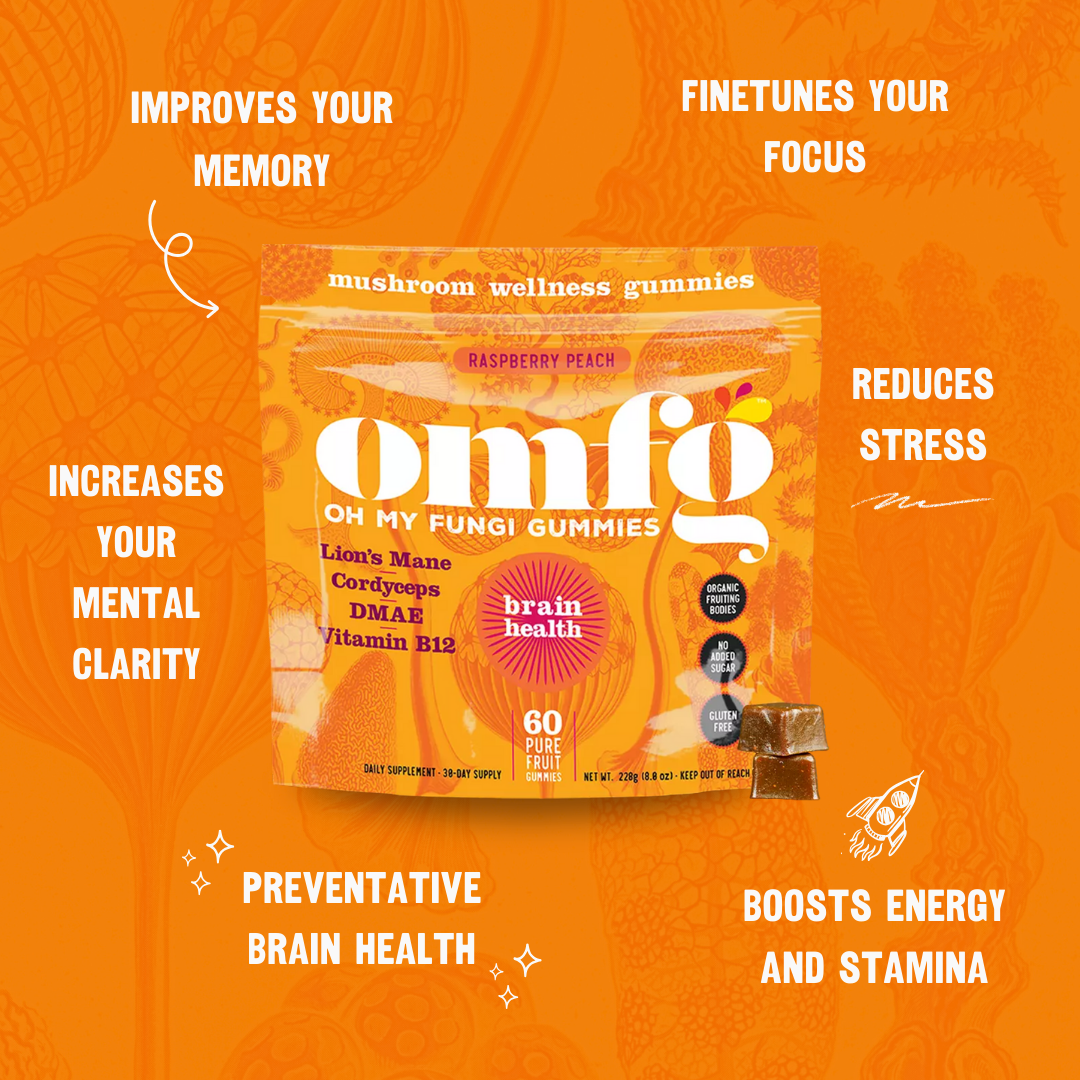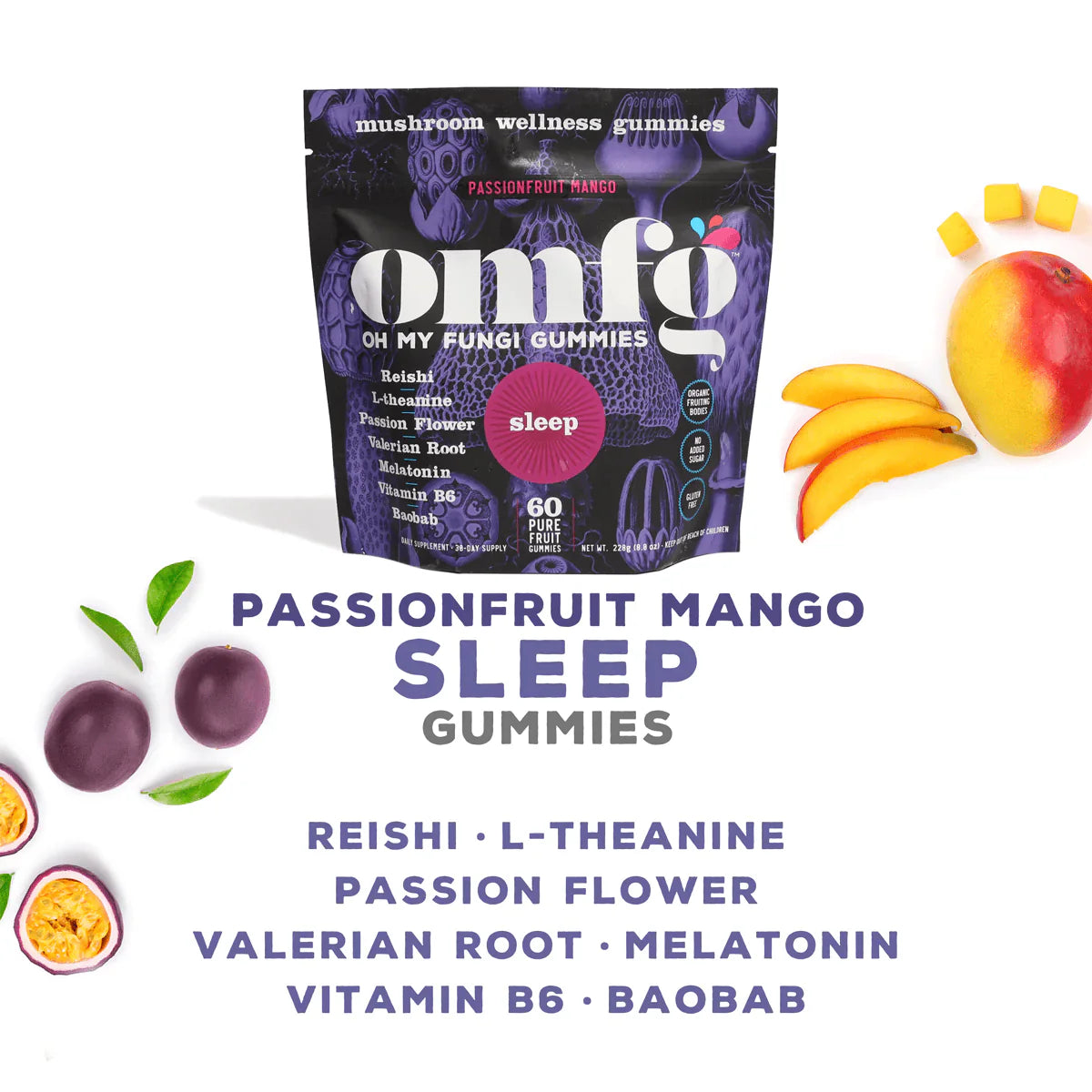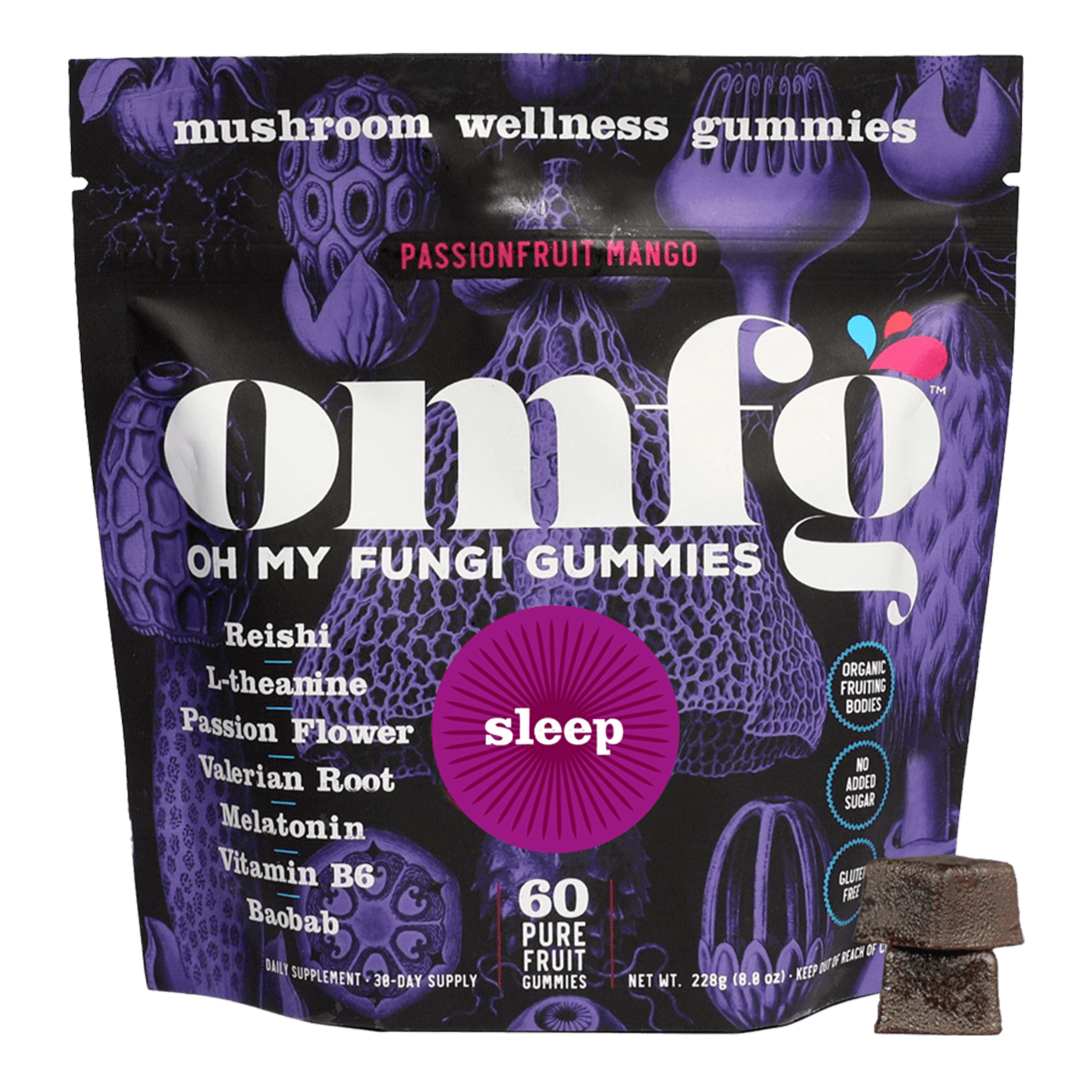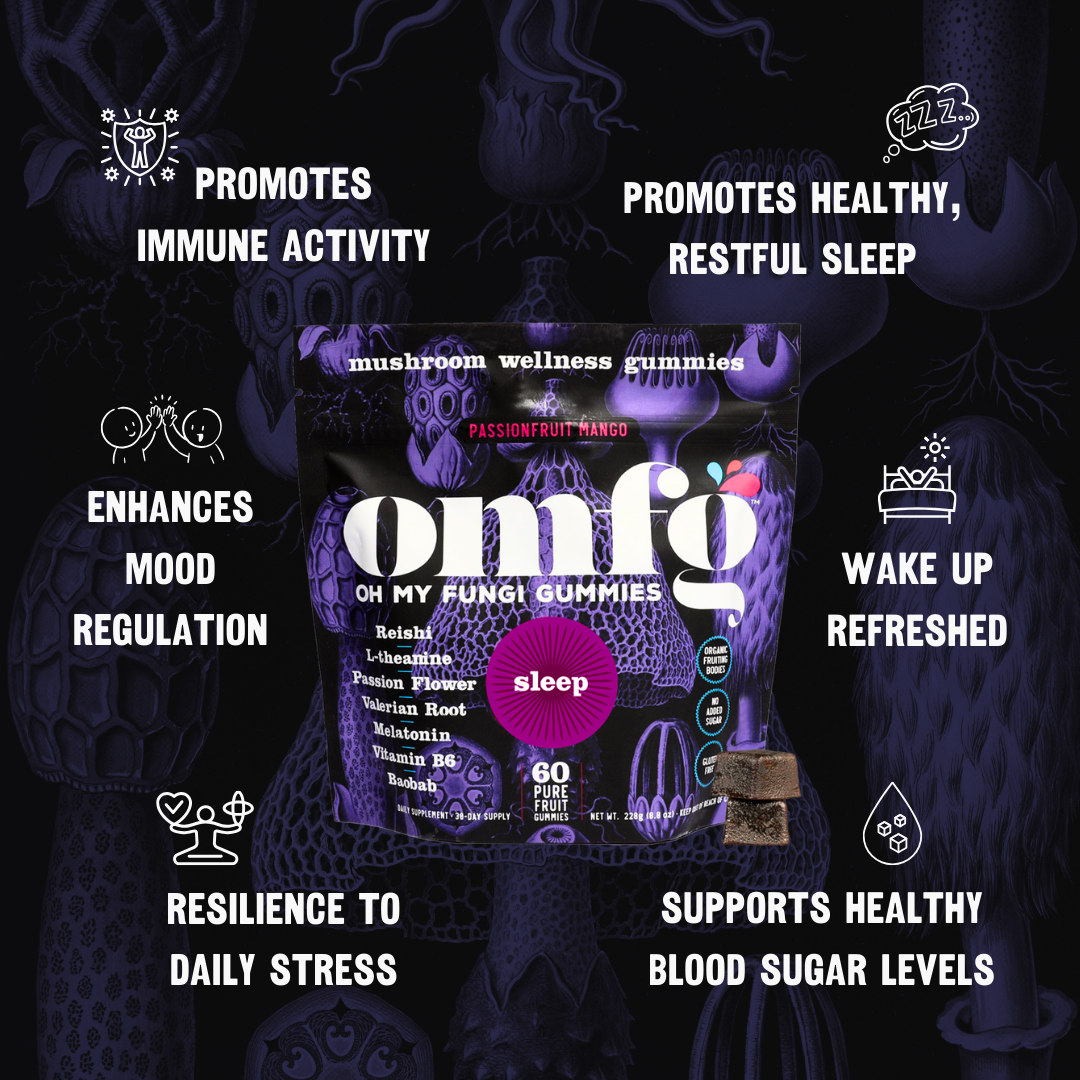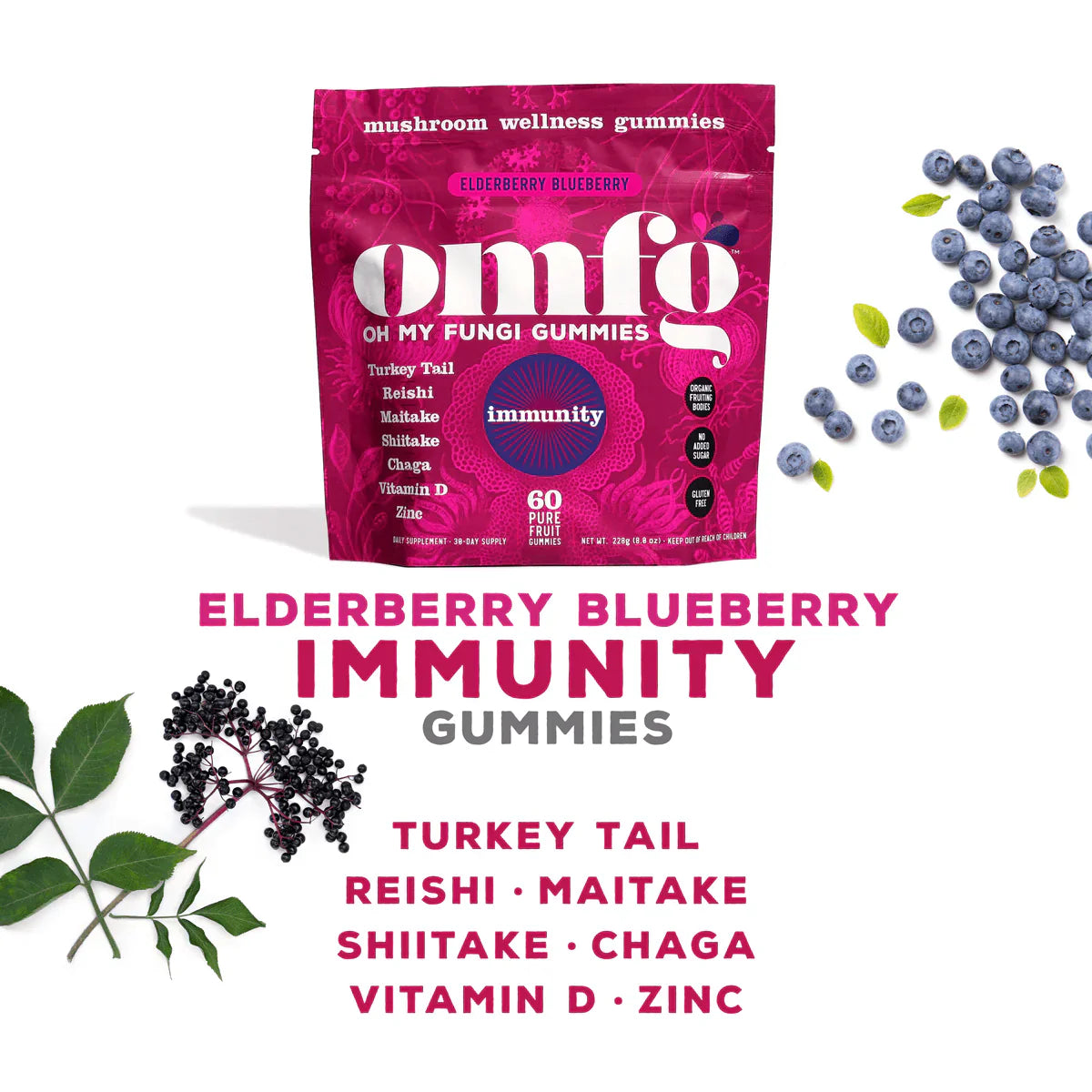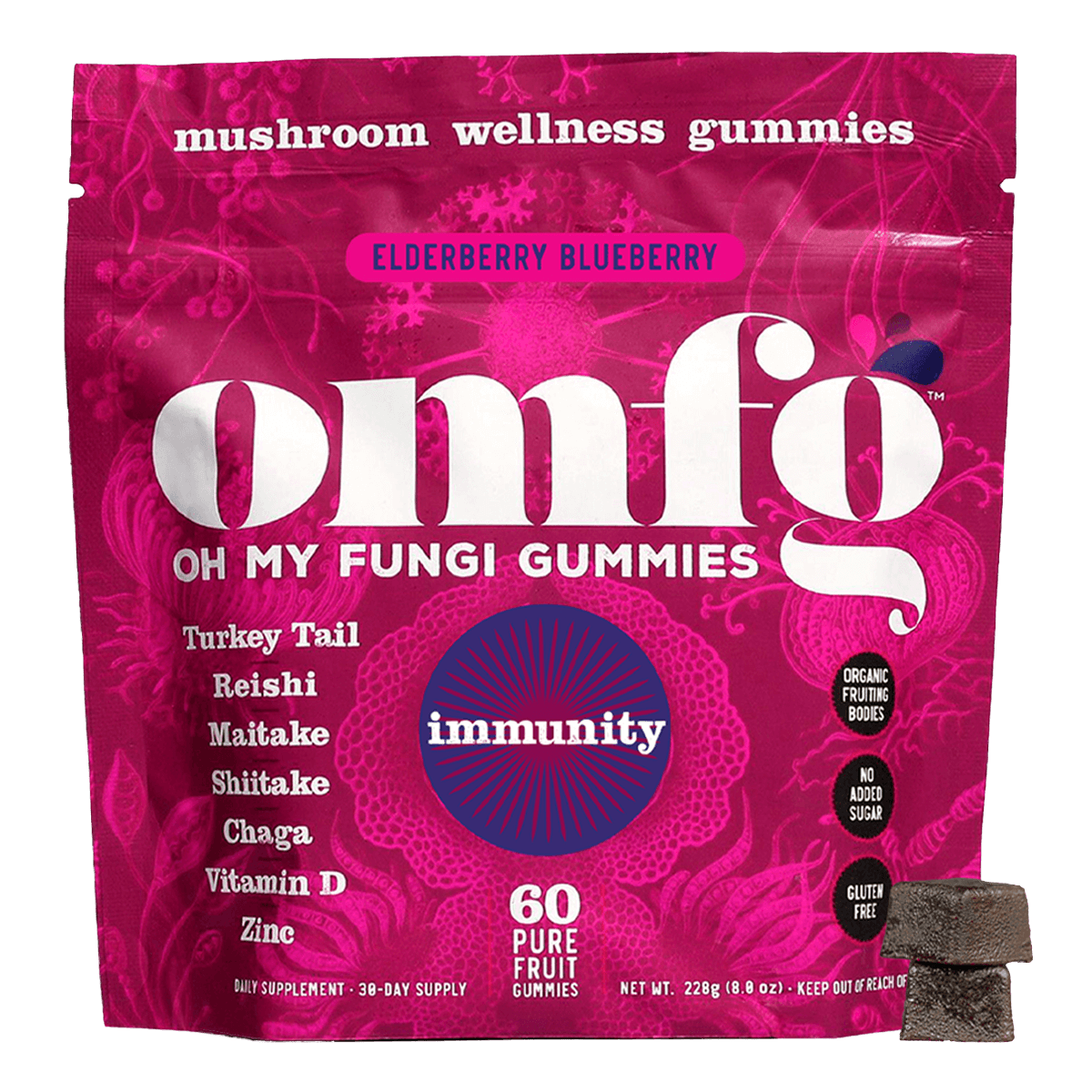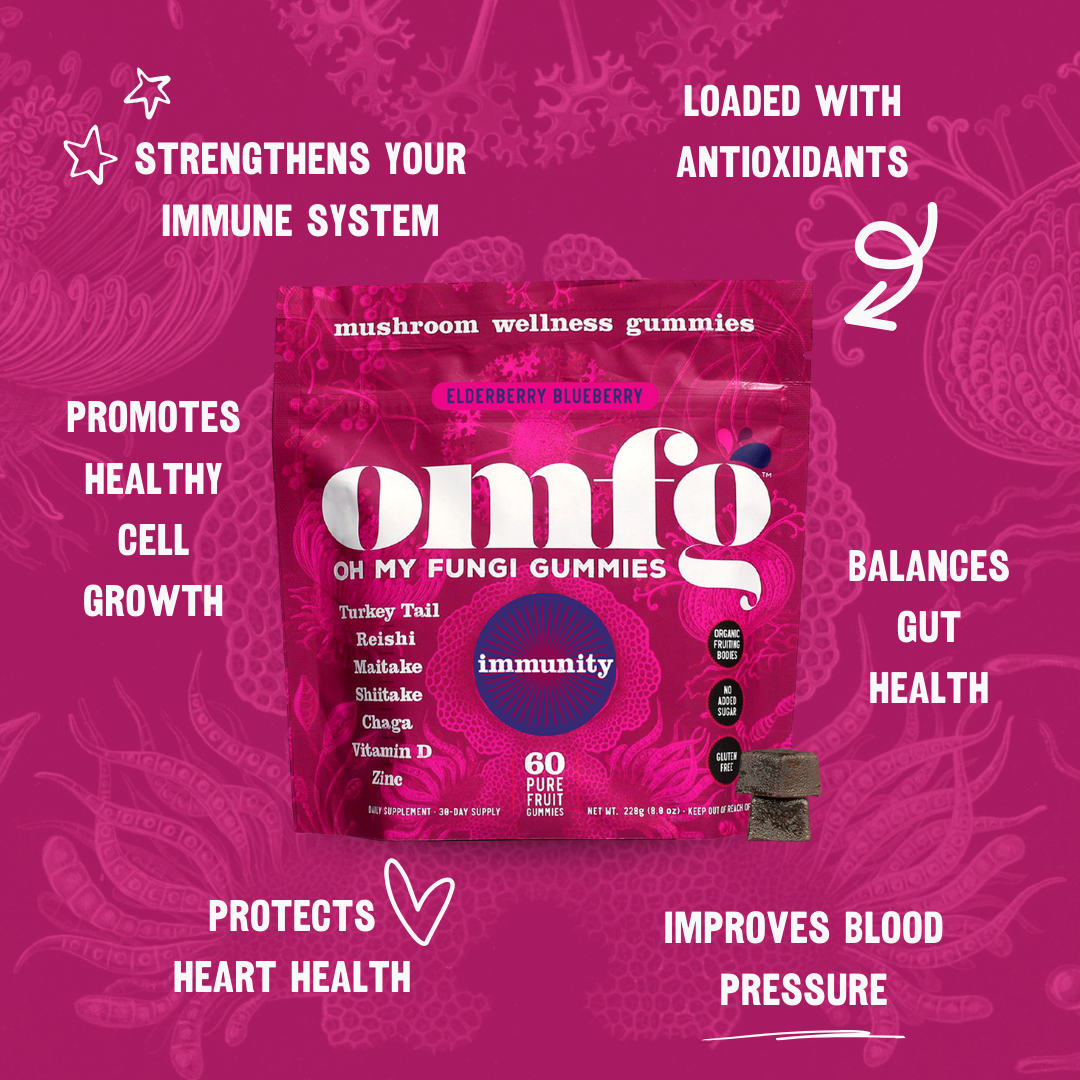Did you know?
- Adults should sleep 7 or more hours per night on a regular basis to promote optimal health1
- 35% of all adults in the U.S. report sleeping on average for less than 7 hours a night2
- 50-70 million Americans have chronic, ongoing sleep disorders7
- Women have a lifetime risk of insomnia that is 40% higher than that of men2
- ‘Drowsy’ driving is responsible for more than 6,000 fatal car crashes every year in the U.S.2
- Drinking more than two servings of alcohol per day for men and one serving for women has been found to decrease sleep quality by nearly 40%3
Sleep disorders have likely been around for a long time, but according to science, insomnia seems to be getting worse.
1 in 3 adults in the U.S. report not getting enough sleep or rest every day.
Of course, the unprecedented stressors over the past few years might be contributing factors to this increased incidence of inadequate sleep. Many of us tend to lie awake at night ruminating on things like a global pandemic, a bleak prognosis of the planet’s ecological future, a rise in violent crime, a war in Europe…the list goes on. The fact that anyone can actually get a good night’s sleep is astounding.
Sleep deficiency is linked to many chronic health problems, including heart disease, kidney disease, high blood pressure, diabetes, stroke, obesity, and depression.
Can You Get Sick From Lack of Sleep?
There is some obvious fall-out from not sleeping well—mood fluctuations, trouble focusing, higher incidence of errors—but in this blog we want to address how getting adequate sleep is crucial for our immunity. Our immune system is fundamental to healing injuries and wounds, warding off bacterial infections and viruses, and protecting against chronic and life-threatening illnesses.4 If people are chronically sleep-deprived, they are risking much bigger issues in terms of their overall brain and body health.
Sleep deficiency is also linked to other chronic health problems, including heart disease, kidney disease, high blood pressure, diabetes, stroke, obesity, and depression.5 There have also been studies that have shown a correlation between insomnia and a cancer diagnosis, suggesting a potential 24% increased risk of cancer with insufficient sleep, (although these studies are not yet conclusive.)6
Yes, there is reason to be alarmed. According to the CDC, about 1 in 3 adults in the U.S. report not getting enough sleep or rest every day, and an estimated 50-70 million Americans have chronic, ongoing sleep disorders.7 With statistics like these, you would think the medical insurance industry would be rushing to assist those patients, but for the most part, we’re on our own to manage our sleep issues.

Practices that support sound sleep (aka ‘sleep hygiene’)
- Follow a consistent sleep-wake schedule
- Keep nap duration to under 30 minutes
- Exercise daily
- Avoid nicotine products
- Spend time in the sunshine to help regulate circadian rhythms
- Abstain from caffeine late in the day
- Avoid heavy meals at night
- Refrain from alcohol before bedtime
- Limit screen time (the evil “blue-light”) within an hour of bedtime
- Create a sleeping space that is dark, cool, and quiet
- Consider adding a natural sleep-aid or sleep supplement into your routine
What Is The Most Effective Natural Sleep Aid?
Let’s face it, counting sheep might have helped back in the day, but those were simpler times. We need to be more sophisticated with our approach to getting sufficient sleep. Natural sleep aids or supplements might also make a big difference. Here’s where our OMFG Sleep mushroom gummies come in.
We start off with one full gram of one of our favorite superspores, Reishi mushroom.
In the OMFG mushroom gummies for sleep, our formulation starts off with a high dose—one full gram in each serving—of Reishi mushroom (Ganoderma lingzhi)—one of nature’s best adaptogens.8 Though not exactly classified as a ‘sleep-aid’, Reishi helps the body to restore balance and be resilient in the face of the physical effects of stress (which are compounded by not getting adequate sleep)—both with its adaptogenic attributes and its superlative antioxidant properties.
Then we add L-theanine, an amino acid that crosses the blood-brain barrier rather quickly, increasing alpha wave activity in the brain, telling the brain to relax.9 Studies indicate that L-theanine is particularly helpful in mitigating anxiety, which can get to the root of sleeplessness in many people.
Next, we add a small amount of melatonin, a hormone your brain produces when it senses darkness, signaling the brain to trigger drowsiness (in a perfect world). For a variety of reasons, our brains may not produce an adequate amount of melatonin (particularly as we age), so taking a low dose can kick-start your body’s melatonin production. It is generally well tolerated (little to no side effects) and studies show it can help you fall asleep faster, increase your total sleep duration, and improve sleep quality.11
Some scientific research also indicates that combining herbs such as valerian and passionflower may have a more pronounced effect.
Additionally, we add two natural botanical sleep aids to our formula: Valerian root and Passionflower.
Valerian root boosts the levels of calming neurotransmitters in the brain (serotonin, GABA, etc.) and lowers the amount of excitatory chemicals, such as adrenaline and cortisol. This makes it an amazing natural sleep-aid and also an anxiolytic—a substance that helps to tame anxiety and stress. Studies have shown the use of valerian was found to almost double the chance of better sleep when compared with placebo.12 Research indicates that Valerian can help people fall asleep more quickly, and improve both the quality and duration of sleep.13

Passionflower is one of our personal favorite botanicals as it also produces a flower of unparalleled beauty as well as a tangy and delicious fruit (in fact, one of the flavors we use in our Sleep blend is passionfruit).
Passionflower may help reduce anxiety as some of its compounds bind to the brain’s benzodiazepine receptors, just like Valium and Xanax are designed to do.14 Some research indicates that Passionflower also increases the levels of GABA in the brain, which calms down the nervous system.15
Finally, we round out our Sleep gummies with Vitamin B6, which helps with the production of serotonin and melatonin in the brain (both of which are important for mood and sleep stability, respectively).18 There are also studies which show B6 may help with dream recall and even lucid dreaming19 for the oneirophiles among us (Google it!). But stick to the recommended dosage (two gummies). There is such a thing as Vitamin B6 toxicity, where too high a dosage of Vitamin B6 can actually have the opposite effect and cause insomnia20. Our serving size is about 10X below that threshold, however.
Yes, sleep is a complicated and often frustrating issue, but it’s an important one. Prescription sleeping pills are notoriously bad for you with some heinous side effects (amnesia, binge eating, uncharacteristic rudeness), so we offer an alternative in the form of our healthful, delicious, and mainly plant-based Sleep mushroom gummies.
May your sheep-counting be rare and your Zzzzz’s prolific!
SOURCES
1. https://www.ncbi.nlm.nih.gov/pmc/articles/PMC4434546/
2. https://www.sleepfoundation.org/how-sleep-works/sleep-facts-statistics
3. https://pubmed.ncbi.nlm.nih.gov/29549064/
4. https://www.sleepfoundation.org/physical-health/how-sleep-affects-immunity
5. https://www.nhlbi.nih.gov/health/sleep-deprivation
6. https://pubmed.ncbi.nlm.nih.gov/31352687/
7. https://www.cdc.gov/sleep/index.html
8. https://www.merriam-webster.com/dictionary/adaptogen
9. https://apjcn.nhri.org.tw/server/APJCN/17%20Suppl%201/167.pdf
10. https://apjcn.nhri.org.tw/server/APJCN/17%20Suppl%201/167.pdf
11. https://www.sleepfoundation.org/melatonin/melatonin-dosage-how-much-should-you-take
12. https://www.ncbi.nlm.nih.gov/pmc/articles/PMC7585905/
13. https://thesleepdoctor.com/melatonin/valerian-vs-melatonin/
14. https://thesleepdoctor.com/best-tea-for-sleep/
15. https://www.mountsinai.org/health-library/herb/passionflower
16. https://www.ncbi.nlm.nih.gov/pmc/articles/PMC4394901/
17. https://www.ncbi.nlm.nih.gov/pmc/articles/PMC2941540/
18. https://www.mountsinai.org/health-library/supplement/vitamin-b6-pyridoxine
19. https://thesleepdoctor.com/sleep-aids/best-vitamins-for-sleep/
20. http://orthomolecular.org/library/jom/2003/pdf/2003-v18n02-p065.pdf
21. https://thesleepdoctor.com/sleep-hygiene/

